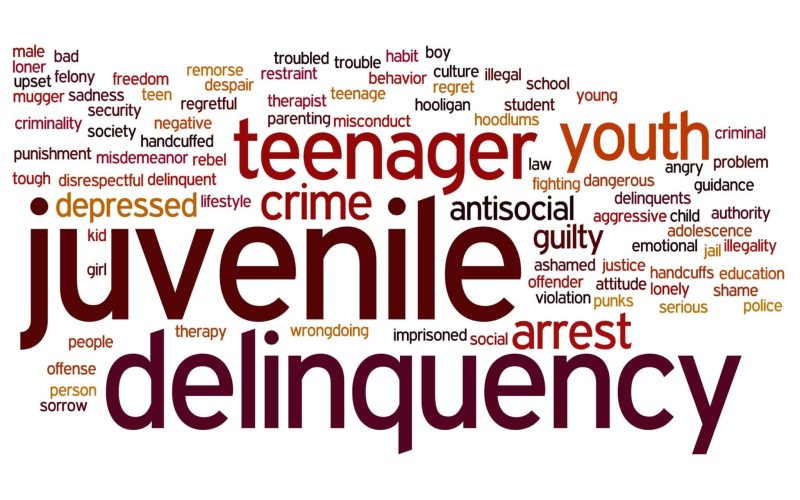Cultural Awareness Important in Juvenile Justice
In the complex landscape of juvenile justice, the importance of cultural awareness cannot be overstated. Cultural backgrounds significantly influence behaviors, beliefs, and perceptions, all of which play pivotal roles in the interactions between juveniles and the justice system. Understanding and acknowledging these cultural nuances is essential for creating fair, effective, and compassionate approaches to juvenile justice reform. This article delves into why cultural awareness is crucial in juvenile justice and explores strategies for fostering it within the system.
- Recognizing Diverse Perspectives: Cultural awareness enables stakeholders in the juvenile justice system to recognize and appreciate the diverse perspectives and experiences of young individuals. Each cultural background Family Frolic brings unique values, norms, and traditions that shape an individual’s worldview and behavior.
- Reducing Biases and Stereotypes: Cultural awareness helps mitigate biases and stereotypes that may influence decision-making within the juvenile justice system. Stereotypes based on race, ethnicity, religion, or socio-economic status can lead to unfair treatment and disparities in sentencing.
- Enhancing Communication: Effective communication is essential for fostering trust and understanding between juveniles, their families, and justice system professionals. Cultural awareness facilitates clearer communication Cultural Intelligence:by considering linguistic, contextual, and non-verbal cues that may vary across cultures.
- Tailoring Interventions: Culturally competent interventions are more likely to resonate with juvenile offenders and their families. By understanding cultural values and norms, justice professionals can tailor rehabilitation programs that are culturally sensitive and relevant, increasing the likelihood of successful reintegration into society.
- Building Trust and Rapport: Building trust and rapport with juvenile offenders is fundamental for successful rehabilitation and reintegration. Cultural awareness demonstrates respect for individuals’ backgrounds and can help foster trust between juveniles and justice system professionals.

Cultural Awareness in Practice
- Training and Education: Incorporating cultural competency training into the education and training of justice professionals is crucial. These programs should focus on increasing awareness of cultural diversity, addressing biases, and providing practical strategies for culturally competent interactions.
- Community Engagement: Collaborating with community organizations and cultural leaders can provide valuable insights into the cultural dynamics at play within the juvenile justice system. Engaging with communities affected by juvenile justice policies fosters trust, encourages participation, and ensures that interventions are culturally appropriate.
- Cultural Assessments: Conducting cultural assessments of juvenile offenders can help identify cultural factors that may influence their behaviors and responses to interventions. These assessments should be integrated into the initial screening and assessment processes to inform decision-making throughout the justice process.
- Interpreter Services: Providing interpreter services for non-English speaking juveniles and their families is essential for ensuring effective communication and access to justice. Utilizing trained interpreters helps bridge language barriers and ensures that individuals understand their rights and responsibilities within the justice system.
- Cultural Competence in Policy Development: Integrating cultural competence principles into policy development ensures that juvenile justice policies are equitable and responsive to the needs of culturally diverse populations. This may involve consulting with cultural experts, conducting impact assessments, and revising policies to address cultural disparities.

Conclusion:
Cultural awareness is a cornerstone of effective and equitable juvenile justice reform. By recognizing and respecting the cultural backgrounds of young individuals, justice system professionals can reduce biases, improve communication, and tailor interventions that promote rehabilitation and reintegration. Fostering cultural awareness requires a commitment to ongoing education, community engagement, and the integration of cultural competence principles into all facets of the juvenile justice system. Ultimately, prioritizing cultural awareness ensures that the pursuit of justice is rooted in empathy, understanding, and fairness for all juveniles, regardless of their cultural backgrounds.










